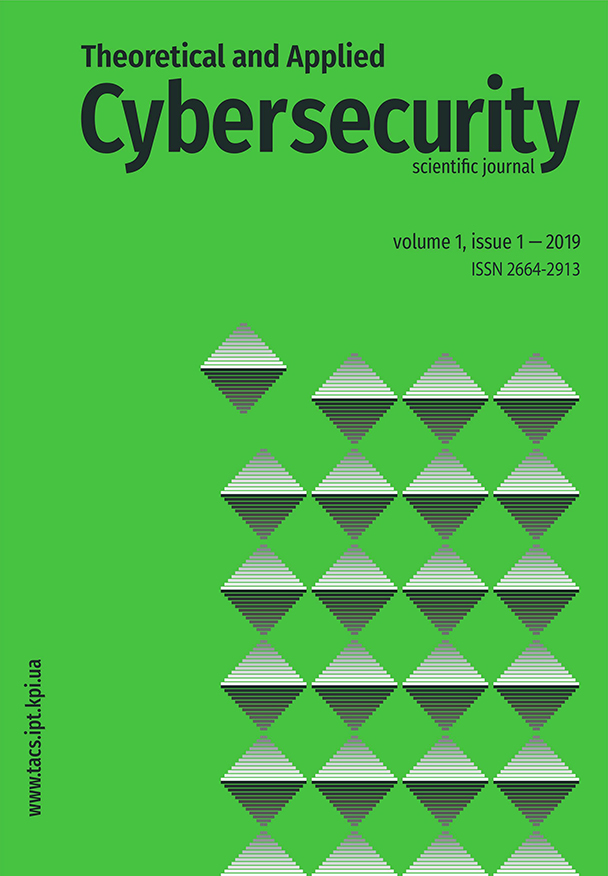On desynchronised multivariate algorithms of El Gamal type for stable semigroups of affine Cremona group
DOI:
https://doi.org/10.20535/tacs.2664-29132019.1.169022Abstract
Families of stable cyclic groups of nonlinear polynomial transformations of affine spaces Kn over general commutative ring K of increasing with n order can be used in the key exchange protocols and related to them El Gamal multivariate cryptosystems. To use high degree of noncommutativity of affine Cremona group correspondents have to modify multivariate El Gamal algorithm via the usage of conjugations for two polynomials of kind gk and g−1 given by key holder (Alice) or giving them as elements of different transformation groups. The idea of hidden tame homomorphism and comlexity of decomposition of polynomial transwormation into word of elements of Cremona semigroup can be used. We suggest usage of new explicit constructions of infinite families of large stable subsemigroups of affine Cremona group of bounded degree as instruments of multivariate key exchange protocols. Recent results on generation of families of stable transformations of small degree and density via technique of symbolic walks on algebraic graphs are observed. Some of them used for the implementation of schemes as above with feasible computational complexity. We consider an example of a new implemented quadratic multivariate cryptosystem based on the above mentioned ideas.
Downloads
Published
Issue
Section
License
Authors who publish with this journal agree to the following terms:
Authors retain copyright and grant the journal right of first publication with the work simultaneously licensed under a Creative Commons Attribution License that allows others to share the work with an acknowledgement of the work's authorship and initial publication in this journal.
Authors are able to enter into separate, additional contractual arrangements for the non-exclusive distribution of the journal's published version of the work (e.g., post it to an institutional repository or publish it in a book), with an acknowledgement of its initial publication in this journal.
- Authors are permitted and encouraged to post their work online (e.g., in institutional repositories or on their website) prior to and during the submission process, as it can lead to productive exchanges, as well as earlier and greater citation of published work (See The Effect of Open Access).

